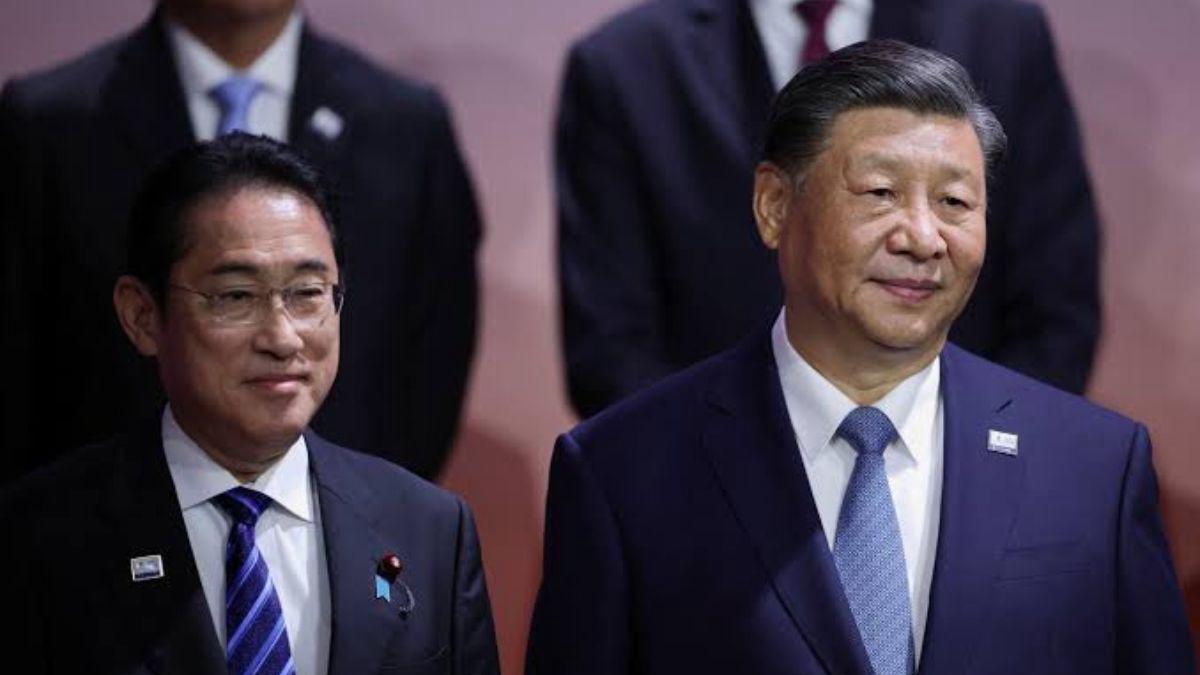As the Chinese economy grapples with persistent stagnation, Japanese companies are beginning to reassess their strategies in response to the shifting landscape. The ongoing economic slowdown in China, largely attributed to a protracted real estate slump, has been compounded by the Chinese Communist Party’s failure to implement effective, fundamental reforms. This economic malaise has profound implications not only for China but also for its foreign business partners, particularly from Japan.
The impact of the economic downturn is increasingly evident in the performance of Japanese firms operating in China. Many are encountering intensified competition from local Chinese enterprises and are now contemplating strategic withdrawals from the market. This shift marks a significant development, as it reflects a broader recalibration of business strategies in the face of an increasingly challenging environment.
Commentator Mikoda, renowned for his extensive coverage of the Chinese economy, offers valuable insights into this evolving scenario. According to Mikoda, the current situation is a culmination of several factors: the real estate sector’s ongoing troubles, a lack of decisive policy intervention from Beijing, and the resultant erosion of market confidence. Japanese companies, traditionally seen as key investors and stakeholders in China’s growth story, are now facing heightened operational difficulties and dwindling returns on their investments.
The strategic shift among Japanese firms is a clear indication of the broader economic repercussions that China’s slowdown is having on international business dynamics. Companies that once viewed China as a burgeoning market are now reevaluating their presence and considering alternative growth avenues. This realignment of strategies underscores the need for businesses to adapt to global economic shifts and reassess their risk profiles in light of changing market conditions.
As of September 5th, the situation remains fluid, with Japanese companies actively seeking new strategies to navigate the complexities of the Chinese market. The broader implications of this shift could reshape the landscape of international business relations and investment patterns in the region.

